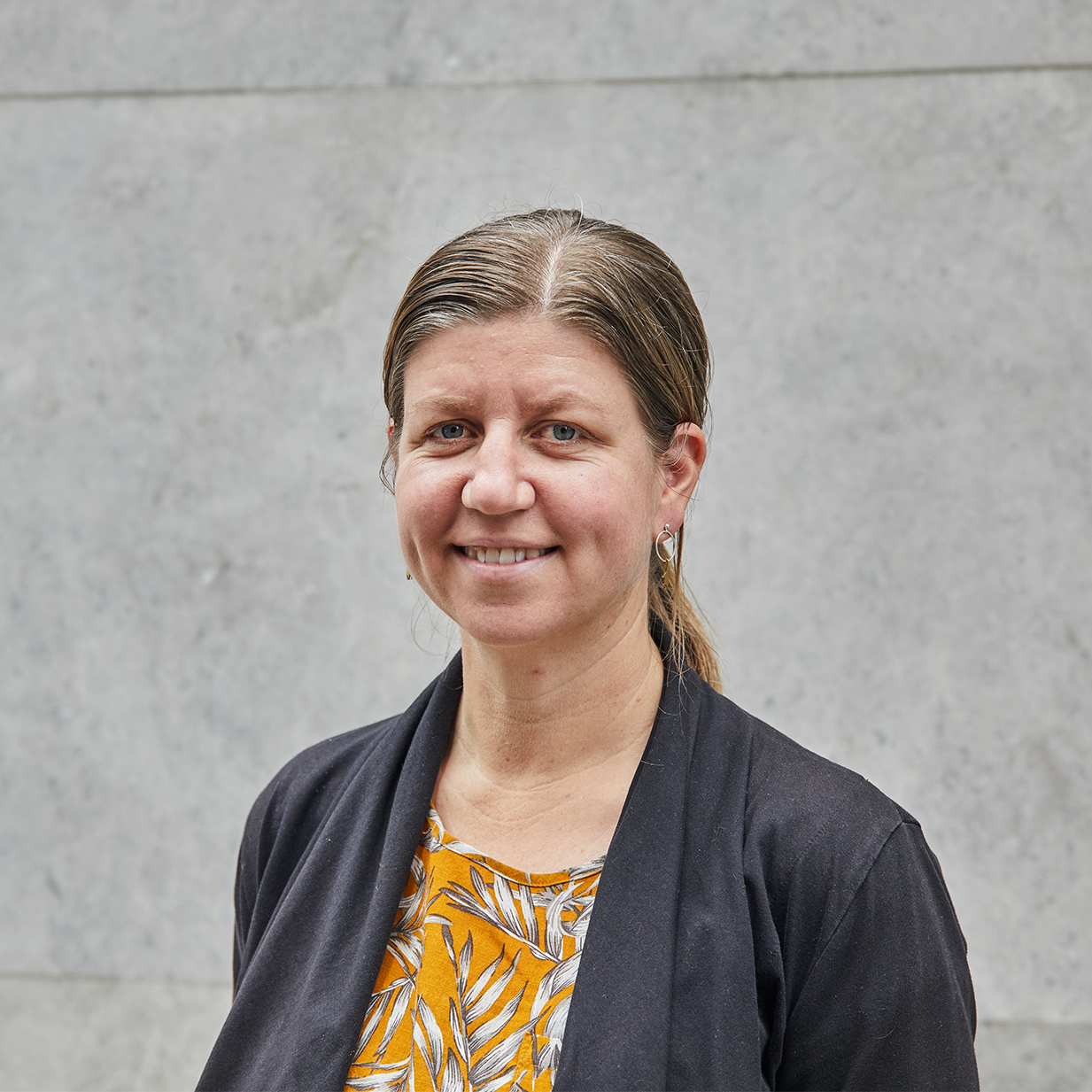There are clear inequities in Auckland’s transport system. This report, authored by MRCagney and commissioned by the Ministry of Transport’s Auckland Policy Office, investigated the travel behaviour and transport experiences of six groups. It involved a review of international and locally-relevant literature; interviews with representatives of four non-Government organisations; and recommendations for transport policy and practice.
Key findings included:
Low income is the most consistent factor affecting peoples’ ability to afford transport to meet their needs, but income and community demographics are rarely considered when transport investment is prioritised;
Low income coupled with other disadvantaging factors, such as being disabled, LGBTQI+, an ethnic minority, or female, means many people avoid trips that would otherwise benefit them, because they cannot afford it, or their fear about being unsafe or discriminated against makes the trip too difficult;
Older people, disabled people, women, and LGBTQI+ people in Auckland are more likely than others to not travel, or to choose longer, more expensive travel choices, so that they feel safe;
Disabled people make fewer journeys than non-disabled people, and their journeys are often longer, more difficult, and more expensive than the most direct option because of transport infrastructure barriers such as steps and inaccessible public transport.
Key policy recommendations included:
Equity should be far more explicit in transport policy, particularly measuring and reporting on who does not travel as much as others, and whose trips are unsafe or uncomfortable, so that investment can go into improving those peoples’ choices and experiences;
There should be more collaboration between transport, health and social service sectors to get people where they need to go, for their health and wellbeing;
Transport investment should include work with community to support affordable choices such as shared community vans, low-cost car share, and low-interest loans for people to choose the transport options that work best for them and their Whānau.
The research team for this work was:
Bridget Burdett - lead author

Fiona Thomas - contributing researcher
